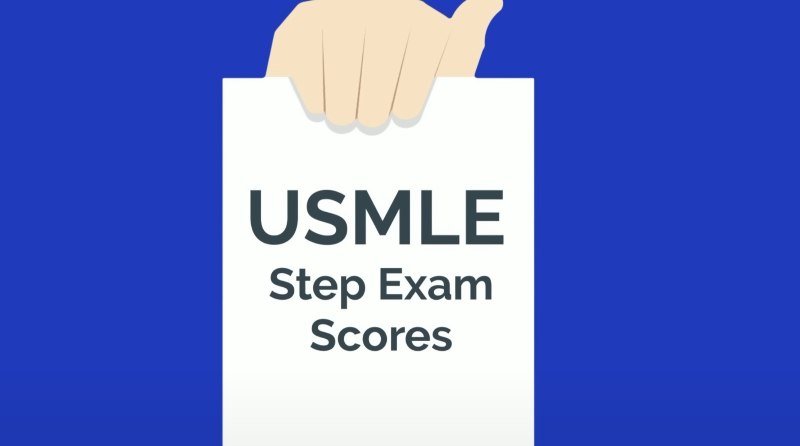by Orli Belman, University of Southern California
Credit: CC0 Public Domain
New research from the University of Southern California measured the use of Medicaid's annual wellness visits and the receipt of structured cognitive assessments among Medicaid beneficiaries.
Lead author Mireille Jacobson, an economist and associate professor at the USC Leonard Davis School of Gerontology, and colleagues surveyed a sample of adults with either Medicare Advantage (MA) or fee-for service Medicare. Among the findings, approximately one-half of beneficiaries reported having an annual wellness visit, but only about a quarter of total respondents reported receiving a structured cognitive assessment at an annual wellness visit, even though, under the Affordable Care Act (ACA), detection of cognitive impairment is a required component of the visit.
The study, Cognitive Assessment at Medicare's Annual Wellness Visit In Fee-For-Service And Medicare Advantage Plans appears in the November issue of the journal Health Affairs and provides new insights—the self-reports of survey respondents—into cognitive assessments at annual wellness visits, an area that has been somewhat hidden from view.
"Until now there has been little clarity on whether any assessments actually take place because providers bill for the visit not the services," said Jacobson, who is also co-director of the Aging and Cognition Program at the USC Leonard D. Schaeffer Center for Health Policy & Economics. "In addition, because Medicare offers limited policy guidance on how to perform an assessment, it has been unclear who, if anyone, receives a structured cognitive assessment versus direct observation, in which the clinician might be looking at them and talking to a caregiver or a spouse but not actually doing much formal testing."
The researchers say variations in wellness visits and cognitive assessments by Medicare coverage type are even less understood. According to the study, Medicare Advantage (MA) enrollees were nearly 20 percentage points more likely to report that they had an annual wellness visit and more than eight percentage points more likely than those in fee-for-service Medicare to report a structured cognitive assessment at an annual wellness visit, primarily because of their higher likelihood of receiving such a visit. MA beneficiaries were also more likely to have a cognitive screen at any health care visit. The team states that the differences suggest that the rate of structured cognitive assessment in fee-for-service Medicare might be increased if incentives for take-up were similar to those in Medicare Advantage, but they say more research is needed to validate these differences and understand what accounts for them.
The Medicare annual wellness visit and required cognitive screening are part of efforts to promote early detection of dementia and have been available since 2011. According to data from study co-author, Julie Zissimopoulos, co-director of the Aging and Cognition program at the USC Schaeffer Center, around one in 12 Americans age 65 and older is estimated to be living with dementia, with costs of medical and long term care approaching $3 trillion. Costs associated with Alzheimer's disease, the most common form of dementia, are expected to exceed $1.5 trillion by 2050.
"Increases in the number of people living with dementia and in the financial and nonfinancial costs of care are major policy concerns," said Zissimopoulos, who is also an associate professor at the USC Price School. "Early detection of cognitive impairment can have benefits that include the identification of treatment or improvement in quality of life."
The researchers note that the ACA does not specify that screenings for cognitive impairment need to be structured assessments—and that there has not yet been a direct analysis comparing the two methods. The Alzheimer's Association developed a toolkit that includes recommendations for when to administer structured tests, along with specific five-minute tests to choose from; these ask people to perform tasks like drawing a clock, identifying a picture or recalling words.
"Despite unanswered questions about the benefits of screening for patients and caregivers and the accuracy of tools, our survey data indicate that structured cognitive assessment is valued by older people," said Zissimopoulos. "Combined with randomized controlled trial evidence that screening in the primary care setting does not increase depressive symptoms or anxiety, these data provide further evidence to support the use of structured cognitive assessmentsat the annual wellness visit."
The US Preventive Services Task Force also refrains from recommending structured assessments, stating, "there is insufficient evidence to sasses the balance of benefits and harms of screening for cognitive impairment in older adults." However, Jacobson warns about the issue of leaving assessment to direct observation when findings from other settings suggest that our own observations are subject to overconfidence, confirmation, and other psychological biases.
"The current assessment requirements are quite vague, and I hope this study can prompt some discussion and new research around what the costs and benefits are in leaving this evaluation up to physician observation versus doing more structured assessments," she said.
More information: Mireille Jacobson et al, Cognitive Assessment At Medicare's Annual Wellness Visit In Fee-For-Service And Medicare Advantage Plans, Health Affairs (2020). DOI: 10.1377/hlthaff.2019.01795
Journal information: Health Affairs
Provided by University of Southern California







Post comments